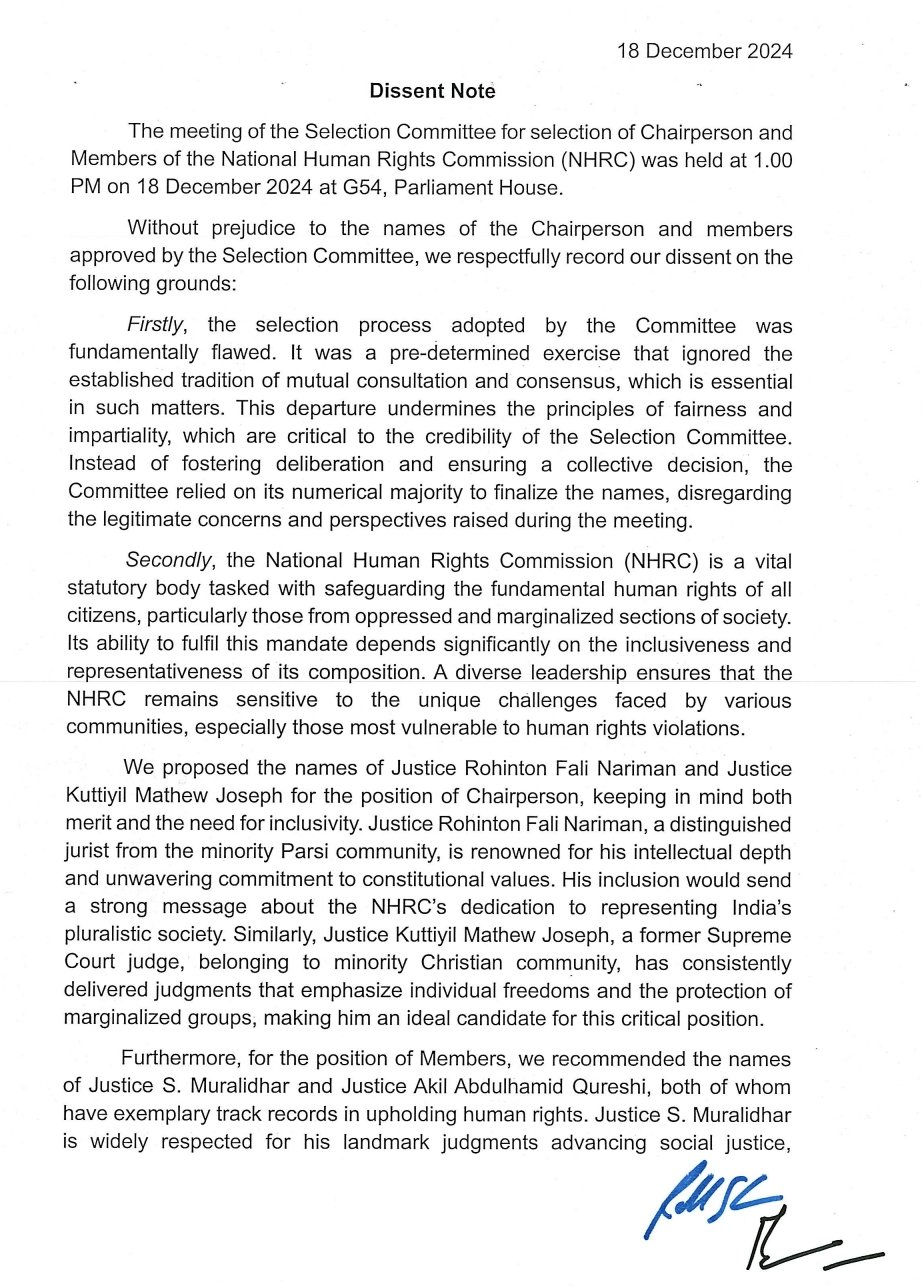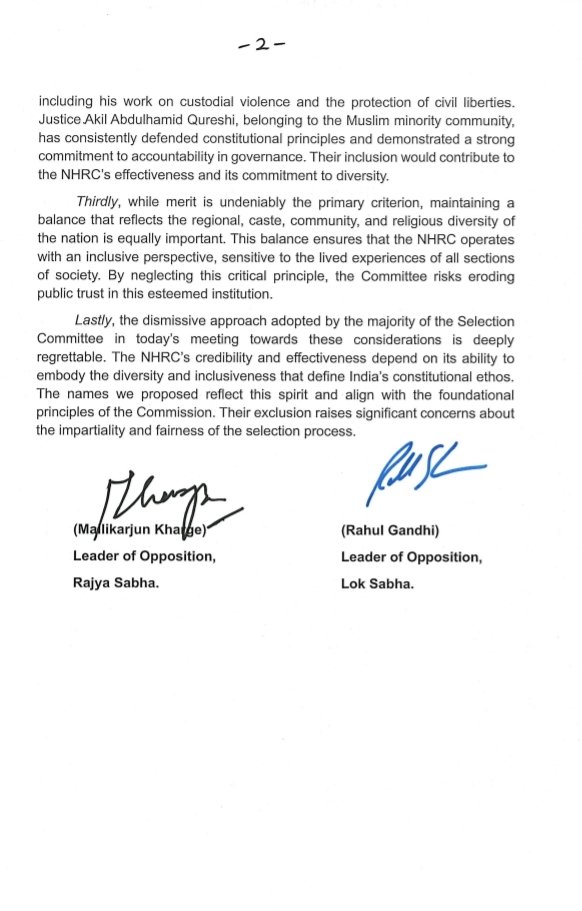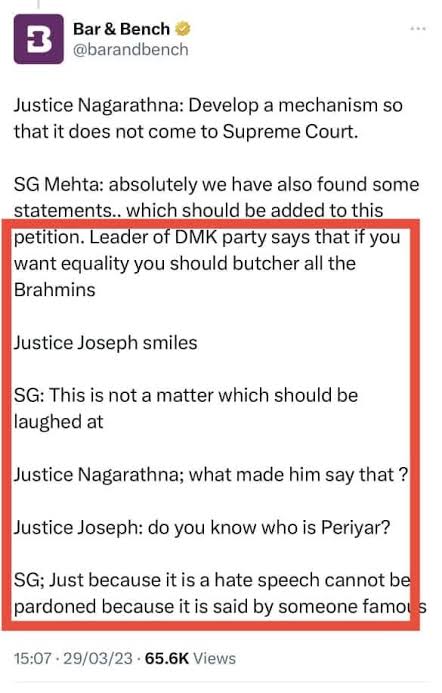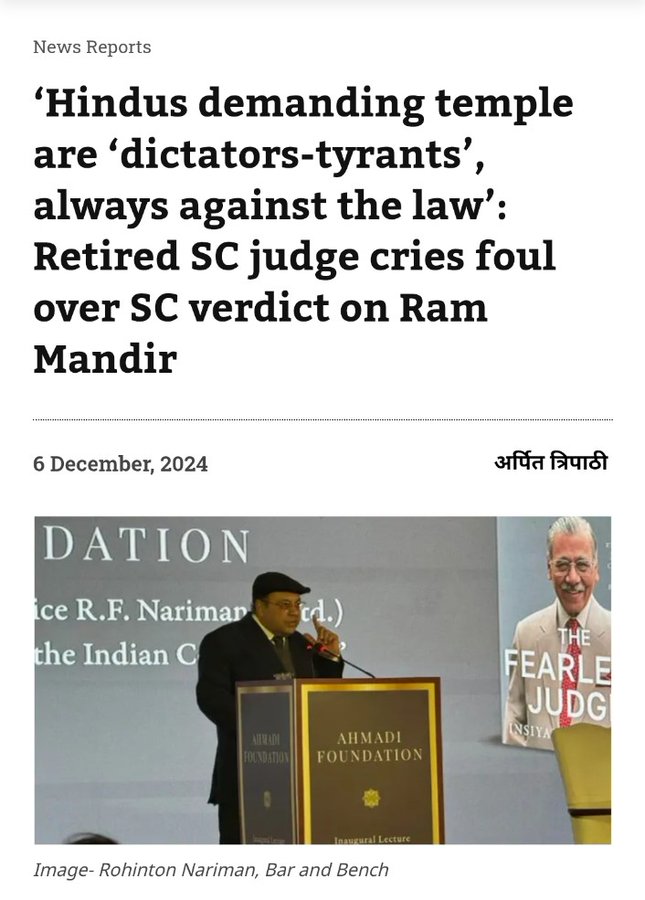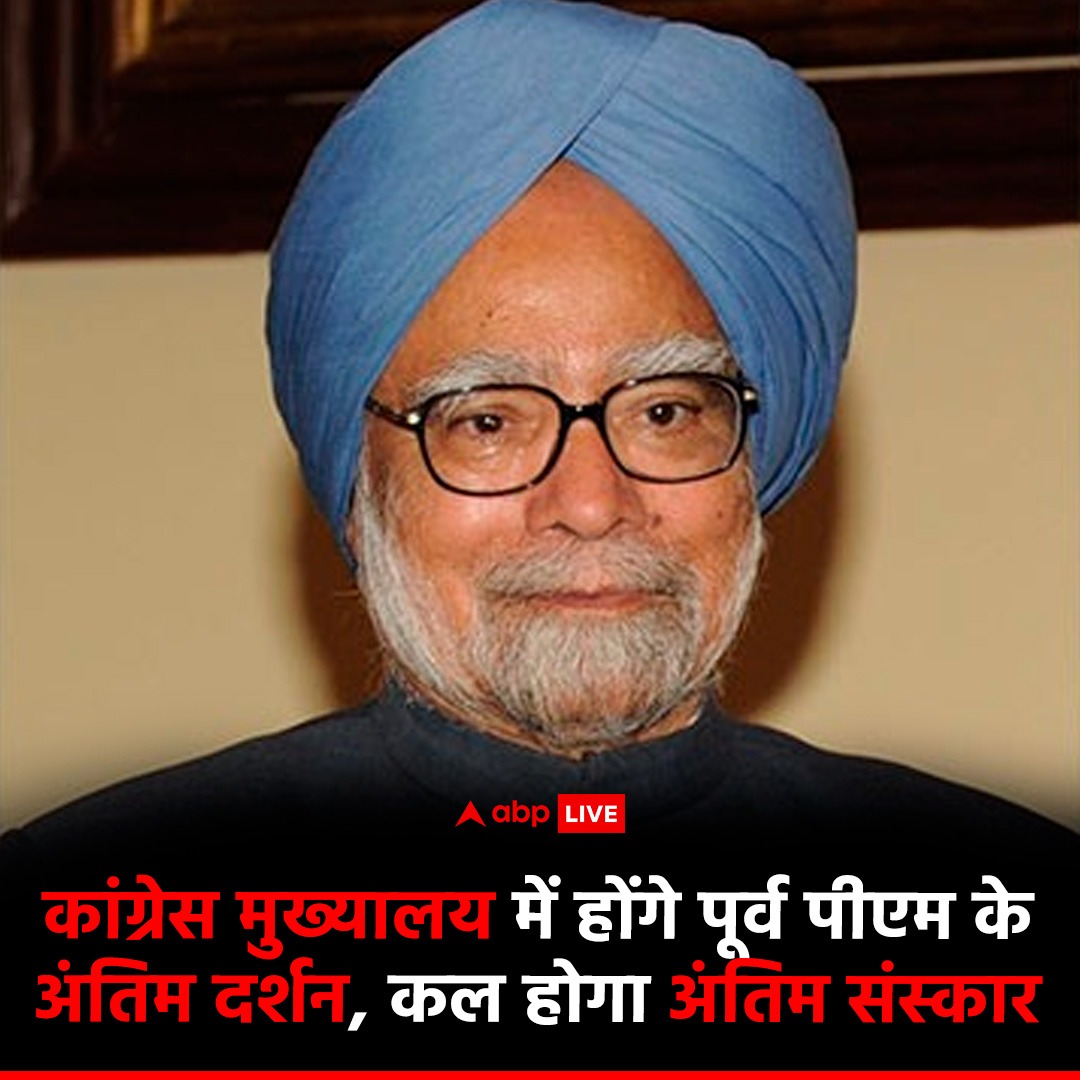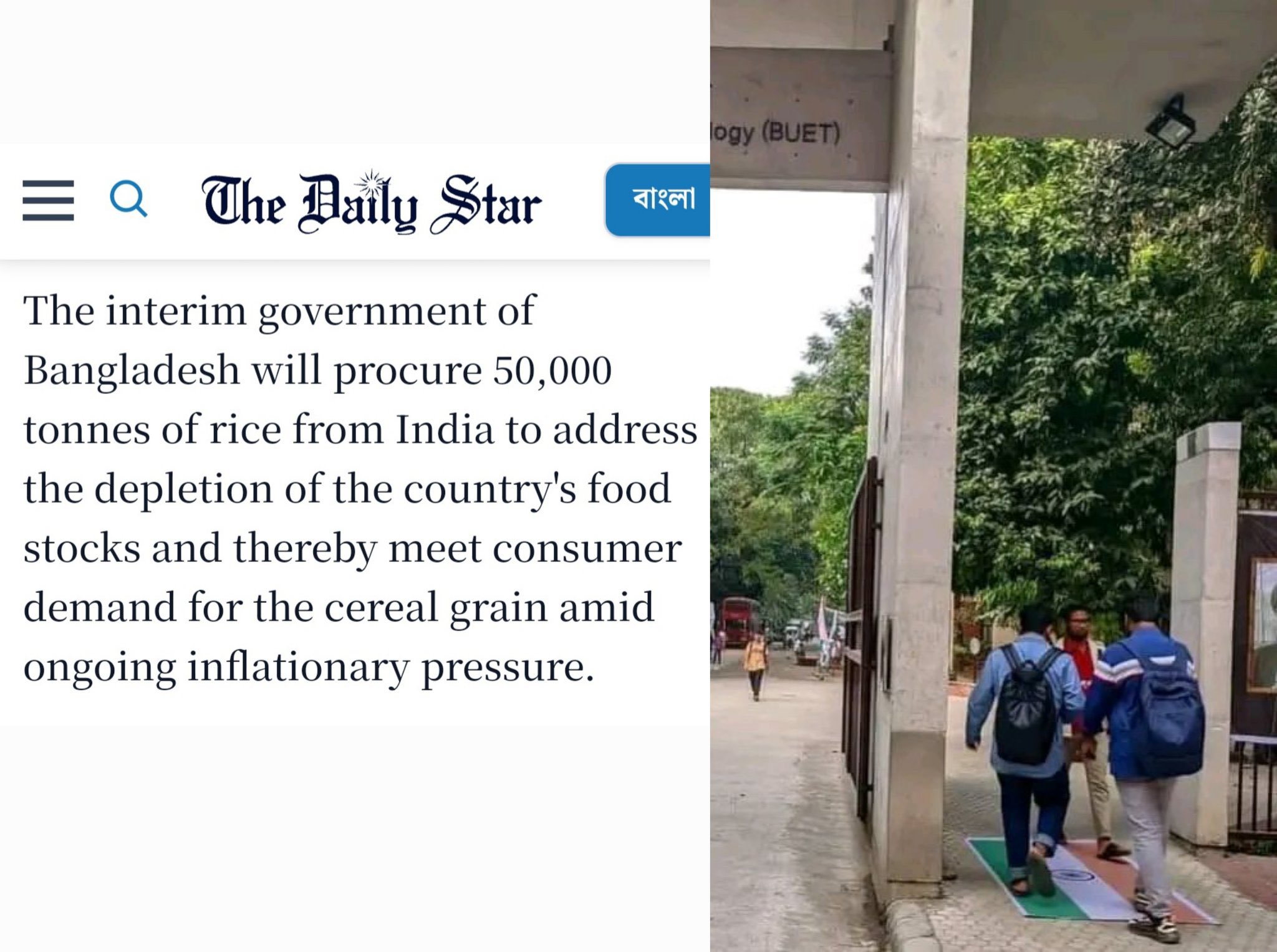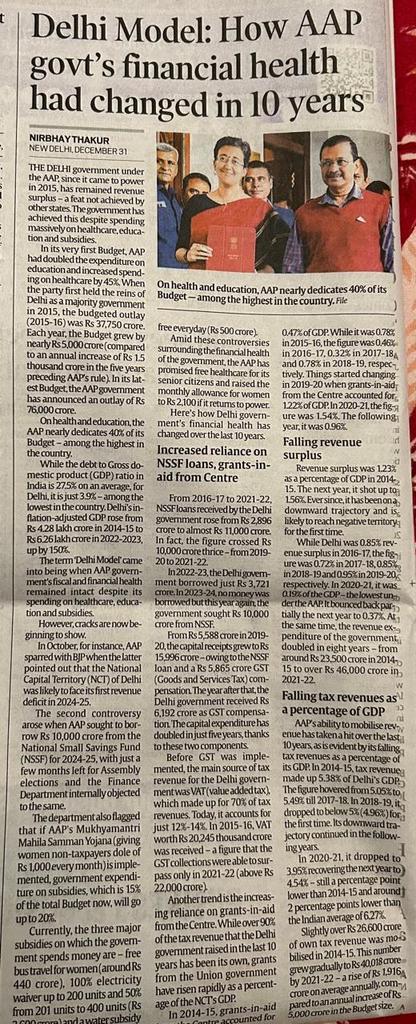Zynda wrote: ↑25 Dec 2024 09:05
Modi is definitely one of the best PMs we have had in a long time. After a long time, feel like a leader whose heart beats for the nation rather than self. Having said that, there are several areas where he has not shown the strategic long-game vision required by a great leader. Defense is one of those domain. I wonder what would have been the current state if Parrikar Manohar was still around.
Rajnath Singh seems like a DefMin who is good for signing deals & giving speeches. I don't see the kind of pro-activeness or a long-term vision from him. We're at a time when we would need a technocrat as a DefMin instead of a career politician.
Pushing through the CDS (sure, it was not him alone, his predecssors Smt NS and Sri MP also had done a lot of work), theatre-command re-organization don't count? Just the time it's taking to get everyone on-board shows how difficult it is to get the defense ministry to pull together. Theatre commands might look just like making our forces work jointly and develop newer tactics, not to mention resembling western force structures, but the core is logistics. It provides a path for unifying logistics and supply chains in the long run, cutting down on a lot of wastage. The worst example of that is the split of the Apache orders between Army and the Air Force, those wouldn't happen in a good setup, which is what I believe we are heading towards - the CDS secretariat has an overall view on procurement and can question egregious purchases (remember the CATOBAR EMALS carrier dream of the Navy?), while the empire building will need to happen at the theatre level, not force level. This would automatically get geared toward joint utilization of an asset, not just maintaining ownership and the associated cost of that (training, maintenance, upgradation, etc.). Is that's not a strategic goal in itself?
Same goes for indigenization and domestic orders - the positive indigenization list is another initiative to force the issue. Yes, there were issues with implementation, and the fact that the forces used the emergency clause (which any good policy should have to cater to unforseen circumstances) to simply import is a reflection on them, not the defense minister. If anything, it shows how strong the import lobby is, and how much work needs to be done to counter them. Despite all this, we have placed repeat orders for the Tejas, have a clear path for the Mk-2 and AMCA, invested heavily in AD capabilities (Akash, S-400, etc.), progressing on the nuclear submarine front while enhancing the surface fleet, ordered more Arjun tanks, Zorawar being developed for the mountains, etc. Yes, more can be done, such as going ahead with an indigenous SSK program, acquiring artillery from domestic sources (Dhanush, Kalyani guns), etc. No arguments there, but I feel there has been good progress. That's just the procurement side of things. What about logistics, again? The unpredecedented investment into our Himalayan border roads, multiple road and rail tunnels to ensure redundant and all-weather access to forward areas, the (fully overlooked) Pak-border facing Amritsar-Jamnagar expressway - don't these count as strategic investments? As the military says, amateurs talk tactics, professionals talk logistics. We at BRF should at least consider logistics in our arguments.
Lastly, there is always the emotional argument to sway the public that the forces aren't getting their due, so the defense minister cannot always overrule the military brass and simply make them buy local. Even Shri Parrikar could not do that for all programs, otherwise why did he float the SEF acquisition followed by MRFA/MRCA for the post-Rafale order plan? Yes, he had more domain knowledge that helped call out BS and clear a path for the Tejas, and the country would forever be grateful to him, but there were limits to what he could also do. That's the unfortunate reality, and we should realize that's because of the complexity of the domain itself, and not just take the easy way out and say incompetence.
I feel we are being uncharitable to Rajnath Singh - perhaps because he doesn't speak much. But to say he is not working toward a strategy is patently wrong, and we at BRF should do better analysis.
Zynda wrote: ↑25 Dec 2024 09:05Ashwini Vaishnav is a technocrat minister. I believe he is an engineer from an elite institution (perhaps IIT...didn't look up) and he acts like one. If one hears his talks on Railways & Semi-conductor sector, it is clear he knows what he is talking about.
Frankly, I'm not too impressed with Vaishnav-ji in Railways. The botched up deployment of the Vande Bharat trains that are marginally faster than existing Shatabdi like trains despite having much better potential and sub-optimal routing and time-tabling, the sleeper version taking forever to see the light of the day, the continuing tussle between arms of the Railways such as electical and mechanical, resulting in no vision to upgrade the rolling stock (very low MEMU orders so local passenger trains need locos to haul them, but passenger loco production numbers are not sufficient either, resulting in freight locos beind pulled off and deployed on passenger trains), no clear answers to the horrendous Coromandel express mishap, little to no investment in technical infrastructure improvement, such as:
- most sections still run on the manual absolute block signalling system
- most turnouts are still rated for 15kph, any train wastes at least 15-mins through any major junction navigating these slow turnouts
- long-overdue speed upgrades to just 130 across the network is still largely a work in progress (closer to home, you mentioned the JTJ-SBC work)
- where operational, the speed upgrade has hardly resulted in faster trains. Instead, the Railway bureaucracy simply added more slack time to their timetables to maintain punctuality, so we have trains running 2024 to a slower timetable compared to what they followed a full 30-40 years ago (Tamilnadu express, Brindavan express are good examples).
All of these severely limits throughput, which is used by the Railway board to turnaround and say congestion and not speed up trains. It's a vicious cycle.
Freight trains are as slow as before despite operationalizing DFCs and multiple tripling and quadrupling projects, so the bulk of the country's freight continues to move on polluting roadways.
Finally, the less said about passenger experience, the better, but I cannot hold back on this:
- pathetic quality of newly built passenger coaches,
- pathetic maintenance, even at the Vande Bharat or Rajdhani level
- sub-optimal food options, poor maintenance of toilets, bed-rolls, etc.
- a rampant enchroachment problem, no doubt encouraged by the Railways themselves by selling a huge number of waitlisted tickets and an uncapped number of unreserved tickets to mobilize revenue while cutting back on TTE/enforcement staff - so who suffers? The genuine fare-paying passenger who has no alternative but to put up.
In effect, the system is being ruled by a Railway bureaucracy that is answerable to no one but itself - these have made a mockery of the Railway minister's leadership. Let's face it, after Suresh Prabhu's departure, the Railways ministry has been very underwhelming despite record financial support from the government.
Zynda wrote: ↑25 Dec 2024 09:05I am hoping behind the scenes, there are a lot of activity for greater indigenisation, identification of long-term strategic goals for Bharat from a defense & civilizational perspective.
Saar, I'm saying all of this is happening right before our eyes, should we choose to look for them. Absence of evidence is not evidence of absence.
